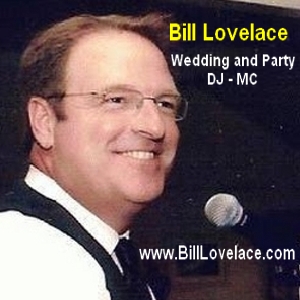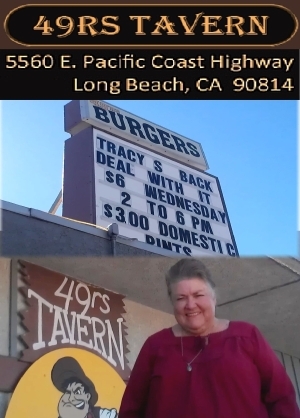[Gomez Trial Attorneys release text, May 19, 5:19 p.m. PDT] Today, the City of Long Beach, Gomez Trial Attorneys, and Baron & Budd filed the seventh lawsuit of its kind against Monsanto for PCB contamination of Long Beach's city storm water and the Port of Long Beach. Polychlorinated biphenyls, or PCBs, are toxic chemicals which cannot be contained and last for decades. PCBs off-gas from their original application, enter into city storm water through urban run-off, and deposit into the Port of Long Beach. Long Beach joins San Jose, San Diego, Seattle, Oakland, Berkeley, and Spokane, all which have filed similar lawsuits against Monsanto. The case was filed in federal district in the Central District of California, Case No. 2:16-cv-03493.
Monsanto produced PCBs for approximately 50 years until the U.S. Congress banned them because they endanger human and environmental health. Despite the 1979 ban, today PCBs are a common environmental contaminant found in all natural resources including water and plants as well as tissues of marine life, animals and humans. PCBs bioaccumulate in the food chain and are associated with illnesses and cancer in humans.
"The City is committed to holding Monsanto responsible for the significant amount of contamination it has placed into the City's eco-system and Monsanto should shoulder the burden of cleaning up the environment, not the taxpayers of Long Beach and the State," says City Attorney Charles Parkin. "Long Beach is standing up for clean water and holding Monsanto responsible for producing and distributing products in [sic] knew would become a significant risk to the environment."
"Monsanto unleashed an environmental virus that cannot be contained and is now in virtually every living organism in our food chain," says Baron & Budd attorney Scott Summy, who leads the litigation for each of the seven cities. "Long Beach is standing up for clean water and holding Monsanto responsible for manufacturing a product it knew would become a global contaminant."
"PCBs are found in the consumable tissue of fish and other wildlife. Monsanto's PCBs are one of the largest public nuisances on the planet," says attorney John Fiske of Gomez Trial Attorneys. "It's unfair that Long Beach taxpayers and cities are stuck cleaning up Monsanto's mess."
During the five decades prior to the 1979 ban, Monsanto's PCBs were incorporated into a wide variety of products and applications including power transformers, electrical equipment, paints, caulks and other building materials. Monsanto [allegedly] knew that PCBs were toxic and could not be contained as they readily escaped into the environment, finding their way into bays, oceans, lakes, rivers, streams, soil and air. Although documents show Monsanto recognized PCBs were becoming a global contaminant, Monsanto continued to manufacture PCBs and [allegedly] ignored the health risks to humans and the environment.
California's Water Quality Control Board has determined that the presence of PCBs in storm water runoff in Long Beach threatens fish and wildlife in the Port of Long Beach. Long Beach will continue to incur significant costs related to PCBs in its storm water and the sedimentary deposits in Port of Long Beach and adjacent ocean floor areas.
Gomez Trial Attorneys, based in San Diego, represents cities and families in water contamination cases. Baron & Budd, P.C., based in Dallas, Texas, has represented hundreds of public entities nationwide whose water supplies, properties or natural resources are affected by chemical contaminants.
On its website, Monsanto includes the following text about "products by the former Monsanto" including PCB's:
[Monsanto website text at this link]
Questions about Products of the Former Monsanto
At Monsanto, we are dedicated to providing farmers the broadest choice of products and services that will help them produce more, conserve more and lead improved lives. Monsanto is no longer in the industrial chemical business. However, we still get questions about, and in some cases maintain responsibility for, products that were once part of the former Monsanto.
PCBs (1935-1977)
PCBs -- or polychlorinated biphenyl -- were man-made chemicals used in hundreds of industrial and commercial applications from the 1930’s to 1970’s. Because PCBs were non-flammable and provided electrical insulating properties, they were intended to increase the safety of products, such as electrical equipment, motor oil, fluorescent light ballasts, cable insulation, caulk and thermal insulation. In fact, many electrical and building codes and insurance companies required PCBs for use in electrical equipment in buildings where the possibility of fire presented a risk to human life.
In 1966 Swedish scientists first reported the detection of PCBs in animal tissues. Monsanto and others immediately began to study PCB persistence in the environment as well. These later studies determined PCBs do not readily break down and can remain in the environment (air, water and soil) for long periods of time. These discoveries helped to lead to the decision by one of the former Monsanto to stop manufacturing PCBs and, later, to the Environmental Protection Agency’s (EPA) decision to ban their production and use.









